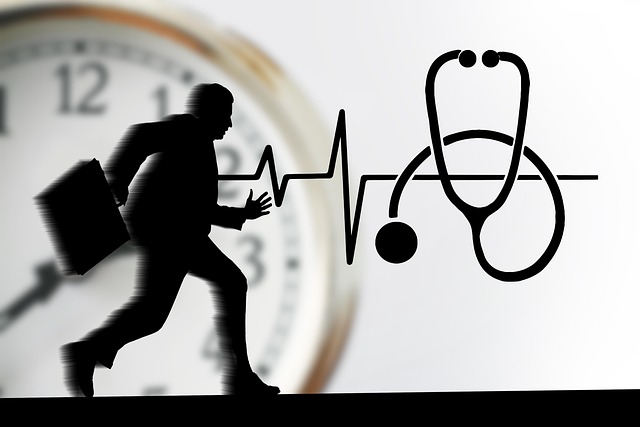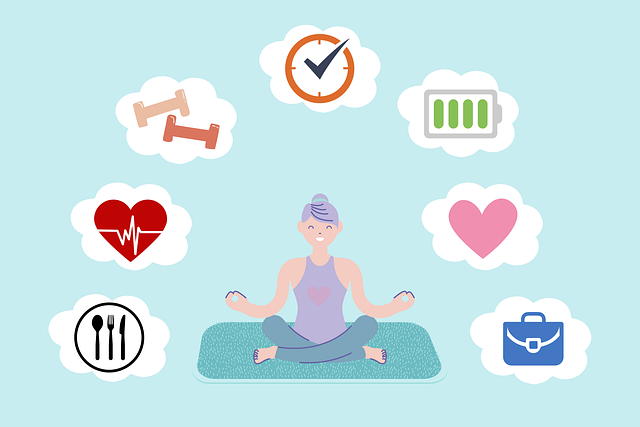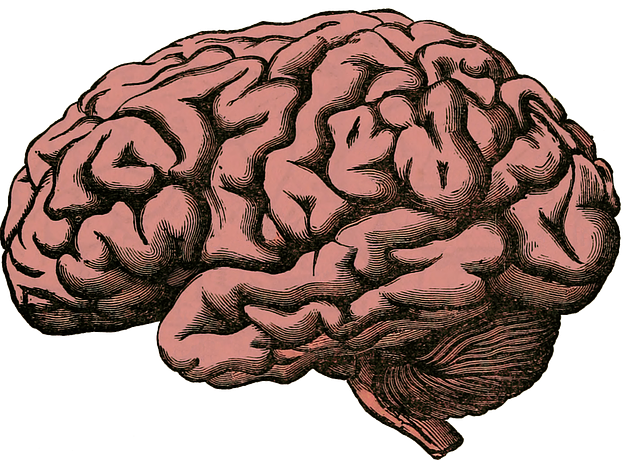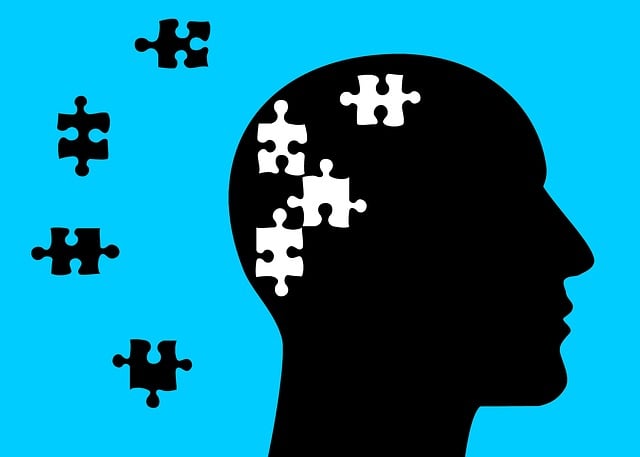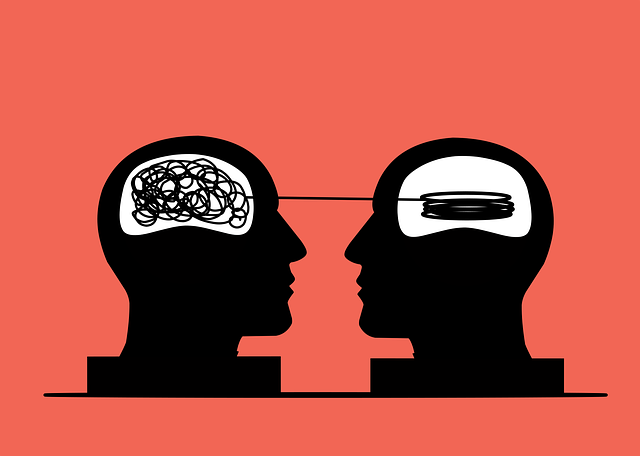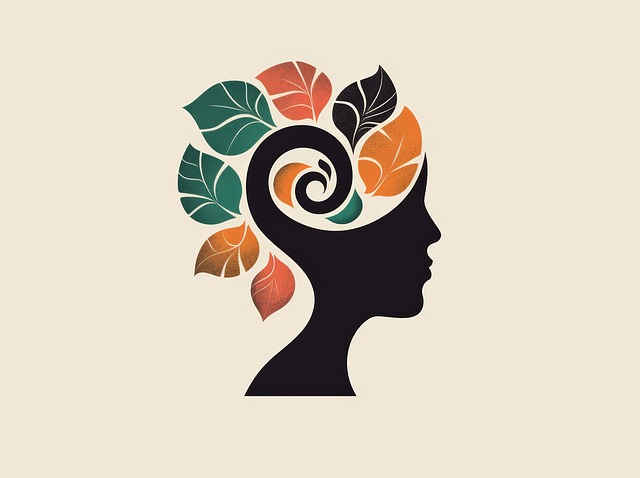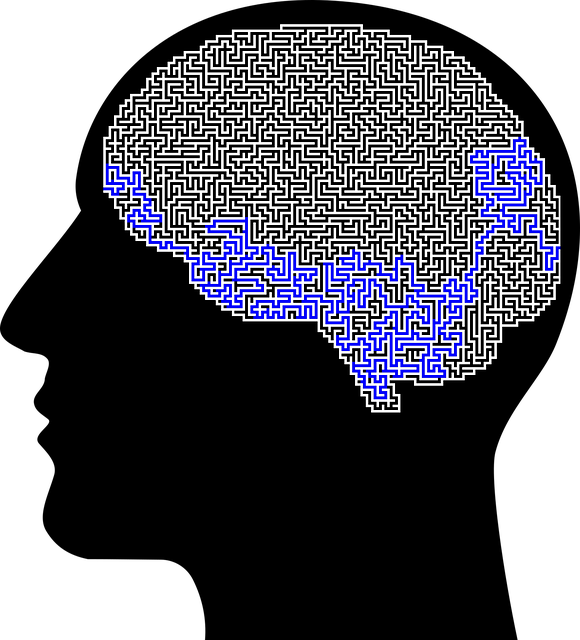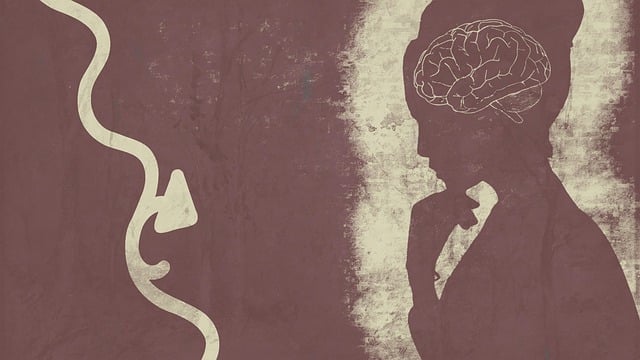Adolescence is a time of significant emotional shifts, often characterized by anger. Many teens struggle with emotional regulation, leading to disruptions in their lives. Targeted therapy focusing on anger management teaches teens essential skills like conflict resolution and mindfulness practices, fostering emotional healing and resilience. Incorporating positive thinking through cognitive reframing and gratitude exercises proves beneficial for emotional regulation and overall youth mental health. Tailored programs combining these strategies offer effective therapies for anger management in teens, enhancing their relationships, academic performance, and long-term well-being.
Positive thinking exercises offer a transformative tool for adolescent anger management, empowering teens to navigate emotional challenges with resilience. This article delves into the profound impact of anger on young lives and explores the power of positivity as a therapeutic approach. We present practical exercises to cultivate optimism, guide integration into daily routines, and discuss long-term benefits. By implementing these strategies, parents and educators can support teens in developing effective anger management skills, fostering emotional intelligence, and enhancing overall well-being.
- Understanding Adolescent Anger and Its Impact
- The Power of Positive Thinking for Teens
- Practical Exercises to Cultivate Positivity
- Integrating Positive Thinking into Daily Routine
- Long-Term Benefits and Strategies for Sustaining Optimism
Understanding Adolescent Anger and Its Impact

Adolescence is a period marked by significant emotional shifts, and anger often emerges as a prominent emotion during this phase. Understanding adolescent anger is crucial for implementing effective strategies to manage it healthily. Many teens struggle with regulating their emotions, leading to frequent outbursts and intense frustration. This behavior can be attributed to various factors, such as hormonal changes, peer pressure, and the developing prefrontal cortex, which governs emotional control.
The impact of unmanageable anger in teens can be far-reaching. It may disrupt relationships, perform poorly in school, and even contribute to risky behaviors. Incorporating therapy for adolescent teens focused on anger management is essential for helping them learn emotional regulation skills. Through various techniques like conflict resolution exercises and mindfulness practices, teens can develop healthy coping mechanisms. These processes not only facilitate emotional healing but also empower them to navigate challenging situations with composure and resilience.
The Power of Positive Thinking for Teens

The power of positive thinking can be a game-changer for teenage individuals grappling with anger management issues. Adolescence is often characterized by emotional intensity, and teens may struggle to regulate their emotions effectively. Positive thinking exercises offer a therapeutic approach to help them navigate these challenges. By fostering a mindset focused on optimism, teens can learn to reframe negative thoughts and experiences, reducing the impact of anger and promoting healthier coping mechanisms.
This strategy is particularly relevant in the context of public awareness campaigns aimed at youth mental health. Through tailored programs and workshops, mental health professionals can teach teens techniques such as cognitive reframing and gratitude practices. The development of these skills not only enhances their ability to manage anger but also contributes to overall well-being and resilience. Moreover, regular practice can lead to positive changes in behavior and emotional regulation, which are crucial aspects of a comprehensive risk assessment for mental health professionals working with adolescents.
Practical Exercises to Cultivate Positivity

Cultivating positivity is a valuable skill for teens, especially those navigating anger management issues. Practical exercises can significantly contribute to this process, offering therapeutic benefits tailored to adolescent needs. One effective approach is incorporating gratitude practices into daily routines. Encouraging teens to keep a journal and reflect on three positive aspects of their day, no matter how small, can shift their mindset towards appreciation. This simple act has been linked to improved mental well-being and reduced symptoms of burnout, which are common challenges faced by many teens today.
Additionally, social skills training through group activities promotes positivity by fostering connections and empathy. Role-playing scenarios can help adolescents express themselves constructively, manage anger in social situations, and develop healthier communication strategies. These exercises not only enhance their ability to navigate interpersonal relationships but also contribute to a more positive self-perception, which is crucial for overall emotional resilience.
Integrating Positive Thinking into Daily Routine

Integrating positive thinking into daily routines can be a powerful tool for adolescents navigating anger management issues. Therapy sessions often emphasize this approach as a form of self-care routine development for better mental health. By cultivating a mindset focused on optimism and gratitude, teens can learn to reframe negative thoughts and emotions, thereby reducing the intensity of angry outbursts. Simple practices such as journaling positive experiences, practicing mindful breathing, or expressing gratitude for small kindnesses can help establish this habit.
Mental wellness coaching programs development can play a significant role in teaching communication strategies that promote positivity. Through these programs, adolescents gain skills to articulate their feelings effectively without resorting to aggression. Regularly incorporating positive thinking exercises into their daily lives not only enhances mental wellness but also fosters healthier relationships and improved emotional regulation—essential aspects of growing up and thriving as a teen.
Long-Term Benefits and Strategies for Sustaining Optimism

Cultivating positive thinking from an early age can have profound long-term benefits for adolescents. For teens struggling with anger management issues, implementing positive thinking exercises can be a powerful tool for emotional regulation and personal growth. This approach not only helps in managing anger but also fosters resilience, enhancing their ability to cope with life’s challenges. By focusing on optimism, teens learn to reframe negative thoughts, reducing the impact of stress and improving overall well-being.
To sustain these optimistic tendencies, it’s crucial to incorporate strategies like social skills training, which encourages healthy communication and relationship-building. Additionally, mindfulness meditation can be a game-changer for burnout prevention among healthcare providers who may then better support teens in their therapy journeys. These practices, when integrated into daily routines, contribute to a positive mindset that is both sustainable and adaptive, benefiting not just adolescent teens but also extending to various aspects of their future lives, including effective anger management.
Positive thinking exercises offer a promising avenue for therapy among adolescent teens, particularly those struggling with anger management. By integrating these practices into daily routines, teens can cultivate a more optimistic outlook, reducing angry outbursts and fostering better emotional regulation. The long-term benefits include enhanced resilience, improved relationships, and a greater sense of well-being. With consistent effort, positive thinking can become a powerful tool for navigating life’s challenges, transforming anger into a catalyst for personal growth and development.
